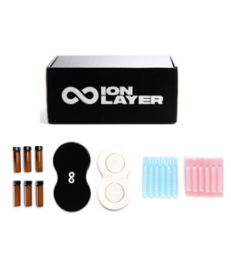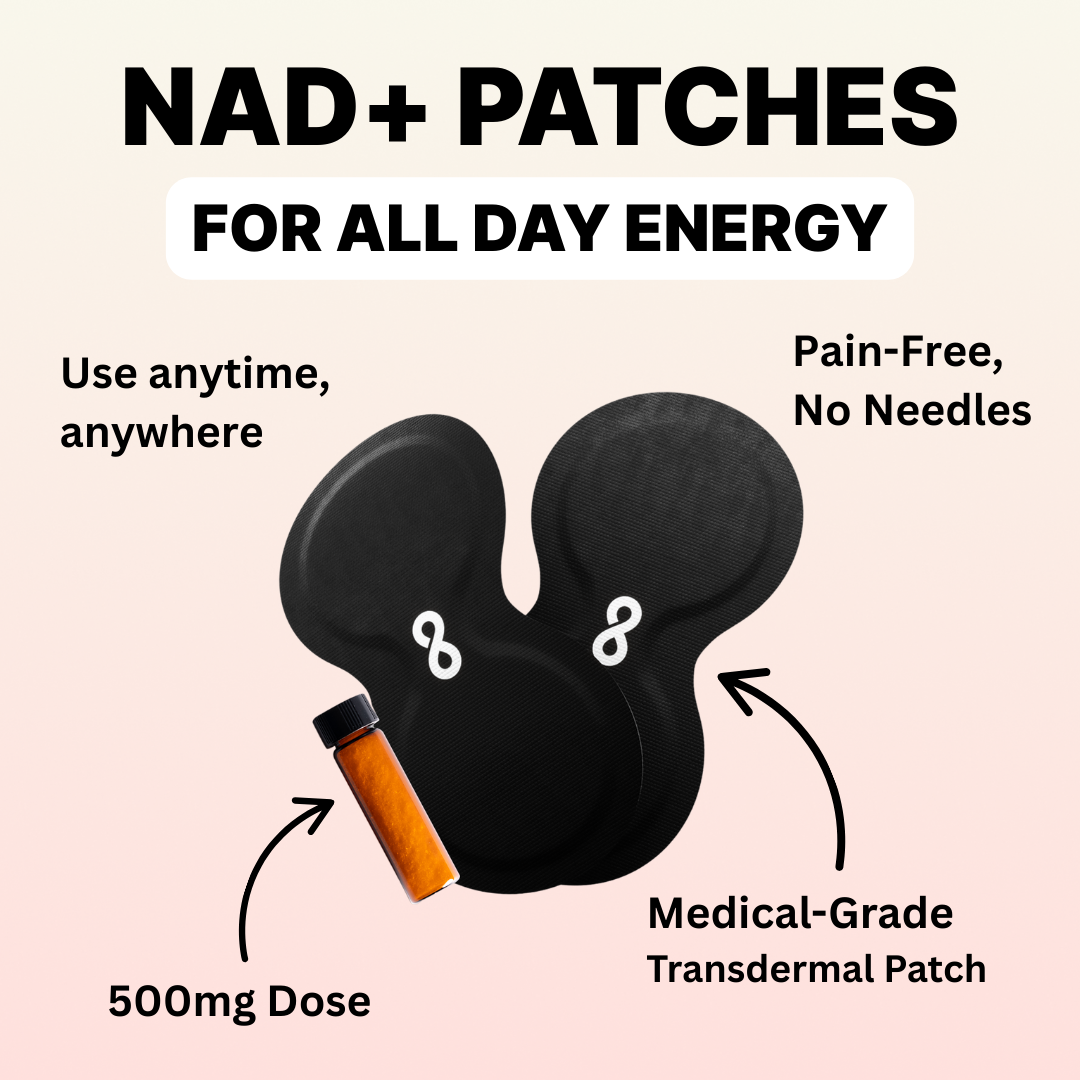
Living with autoimmune diseases like lyme disease, multiple sclerosis, rheumatoid arthritis, or inflammatory bowel disease can feel like navigating a body at war with itself. Not to mention the toll it may take on your quality of life. The immune system, typically a defender against invaders, turns rogue and attacks its own cells, leading to chronic inflammation and a myriad of symptoms. While current treatments aim to manage symptoms and temper immune responses, researchers are exploring new avenues for more effective and targeted therapies.
Nicotinamide Adenine Dinucleotide (NAD+) has a growing list of benefits and managing autoimmune diseases may just be one of them. NAD’s ability to modulate the immune system and its impact on reducing inflammation may help alleviate autoimmune disease symptoms.
What are autoimmune diseases?
Autoimmune diseases are conditions in which the body's immune system attacks its own cells, tissues, and organs. Rather than protecting the body from foreign invaders like bacteria and viruses, the immune system identifies healthy cells as threats and launches an immune response against them. This immune dysregulation leads to chronic inflammation, tissue damage, and a wide range of symptoms depending on the autoimmune condition. While the exact causes of autoimmune diseases are still not fully understood, factors such as genetic predisposition, environmental triggers, and dysregulation of the immune system are believed to play a role.
The role of NAD+ in the body
NAD+ is a coenzyme found in all cells and plays a vital role in cellular energy production and transfer. It is involved in DNA repair, gene expression regulation, cellular signaling, and immune system modulation. As we age, our bodies naturally produce less NAD+, which has been linked to age-related conditions, including cognitive decline and muscle deterioration.
1. NAD+ and immune system modulation
One of the key mechanisms through which NAD+ may benefit individuals with autoimmune diseases is by modulating the immune system. Research has shown that NAD+ can regulate the activity of certain immune cells, particularly T cells, which play a role in the development and progression of autoimmune diseases. By influencing T cell differentiation and function, NAD+ has the potential to shift the immune response from a pro-inflammatory state to a more balanced and regulated state. Supporting the immune system in such a way could help prevent excessive inflammation and potential tissue damage.
One study on mice even reported that NAD+ treatment may be a promising agent in the treatment of multiple sclerosis as it was found to suppress pro-inflammatory T cell responses.
2. NAD+ and inflammation reduction
Time and time again, researchers have concluded that Inflammation is at the root of autoimmune diseases, contributing to tissue damage and the progression of symptoms. That’s where NAD+ may come in as a protective agent. It has been found to have anti-inflammatory properties, which can help reduce the severity and duration of inflammation. By restoring the balance between pro-inflammatory and anti-inflammatory factors, NAD+ may help lower inflammation and its detrimental effects on the body.
Potential impact on autoimmune disease symptoms
The modulation of the immune system and the reduction of inflammation through increasing NAD+ may have significant implications for you if you’re battling an autoimmune disease. By restoring immune balance and reducing excessive inflammation, NAD+ may help ease symptoms such as pain, swelling, fatigue, and organ damage. Furthermore, NAD+ has been shown to promote tissue repair and regeneration, potentially aiding in the healing of damaged tissues caused by autoimmune attacks.
Inflammatory Bowel Disease
Inflammatory bowel disease (IBD), including conditions such as Crohn's disease and ulcerative colitis, involves chronic inflammation of the gastrointestinal tract. Researchers have linked NAD deficiency to altered gut function. In laboratory setting and in studies on mice, boosting NAD+ has been shown to improve the integrity of the gut lining and lower gut inflammation, which is often compromised in individuals with IBD.
Rheumatoid Arthritis
Rheumatoid arthritis (RA) is a long-term inflammatory condition that mainly manifest in joint pain. The current approach to treating RA focuses on controlling symptoms and inflammation, without addressing the root cause. Since research has discovered that patients with RA may have lower levels of NAD precursors, increasing NAD levels has demonstrated promise in managing this debilitating autoimmune disease.
How about other autoimmune diseases?
The research on whether boosting NAD may help individuals with lyme disease, fibromyalgia chronic fatigue, hashimoto's thyroiditis, or other autominnue diseases is still non-conclusive. Many hypthesize that higher levels of NAD has the power to potentially lower inflammation and modulate immune response, and thus, it may be beneficial in managing the symptoms of these and many other autoimmune disorders.
Increase your NAD levels with NAD patches
Imagine being able to manage your autoimmune symptoms and perhaps even address the root issue by using an Ion Layer NAD patch for 12 hours a day! While you may go about your daily routine, our patch seamlessly and painlessly administers 500mg of raw NAD+ into your bloodstream via a medically validated method of iontophoresis. No more needles, discomfort, or nausea.
Still not convinced patches can outperform IV’s? Read this article on the 5 Reasons Why NAD Patches Are Better Than IVs.
Once you sign up, but before you’ll receive your patches, we will contact you with a healthcare professional to ensure that you’ll get the right course of treatment.
We recommend doing a loading dose with the first round of six patches - one patch a day. Then spacing it out to one to two patches a week. However, since everyone’s story is different, your conversation with a healthcare professional will be key to ensure you’ll get the right dose for the right amount of time.





